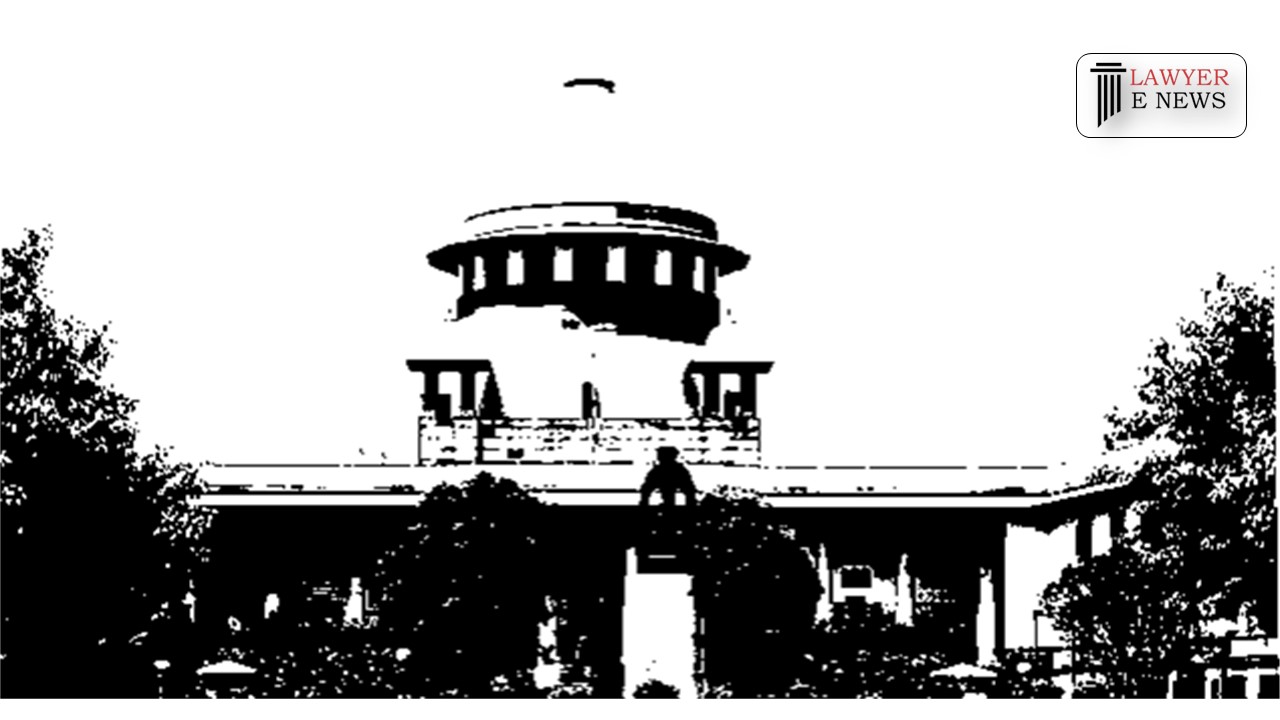-
by sayum
14 February 2026 2:22 PM



High Court’s decision affirmed, allowing separate suit for arrears and damages due to distinct causes of action.
The Supreme Court has upheld the High Court’s judgment dismissing a civil revision and an application under Order VII Rule 11 CPC, filed by Uniworld Logistics Pvt. Ltd. Against Indev Logistics Pvt. Ltd. The Court’s ruling, delivered by Justices Vikram Nath and Prasanna Bhalachandra Varale, clarified the application of Order II Rule 2(3) CPC, emphasizing its role in preventing multiple suits for the same cause of action, not different ones.
The legal dispute between Uniworld Logistics Pvt. Ltd. (Appellant) and Indev Logistics Pvt. Ltd. (Respondent) originated from a series of agreements and a default in payment of storage charges. Initially, a Leave and License agreement was executed on November 25, 2008, later replaced by another on December 1, 2010. Following payment defaults, the respondent issued a legal notice on November 27, 2014, leading to multiple suits by both parties.
The Supreme Court highlighted the different causes of action in the two suits filed by the respondent. The first suit was for possession and permanent injunction, while the second sought recovery of arrears and damages. The Court stated, “Order II Rule 2(3) CPC prevents multiplicity of suits but does not bar suits based on different causes of action.”
The Court emphasized that the respondent explicitly reserved the right to claim arrears and damages in the first suit and sought and obtained leave under Order II Rule 2(3) CPC to file a separate suit. Justice Vikram Nath noted, “There was neither any relinquishment nor omission to claim relief. Both the causes of action being separate, the second suit was clearly maintainable.”
The appellant’s application to reject the plaint under Order VII Rule 11 CPC was based on a misinterpretation of the principles under Order II Rule 2 CPC. The Court observed that the respondent neither relinquished nor omitted to claim the reliefs sought in the second suit. Hence, the High Court rightly dismissed the application under Order VII Rule 11 CPC.
Justice Vikram Nath remarked, “The judgment in the case of Bharat Petroleum Corporation Ltd. (2023 SCC Online SC 1614) relied upon by the respondent squarely applies to the facts of the present case and we do not find any reason to take a different view.”
The Supreme Court’s dismissal of the appeal reinforces the judiciary’s commitment to distinguishing between different legal causes of action and correctly applying Order II Rule 2(3) CPC. By affirming the High Court’s decision, the judgment underscores the importance of reserving rights in initial suits and obtaining leave for subsequent suits to prevent unnecessary litigation. This ruling sets a precedent expected to influence future cases with similar legal issues.
Date of Decision: July 10, 2024
Uniworld Logistics Pvt. Ltd. Vs. Indev Logistics Pvt. Ltd.
